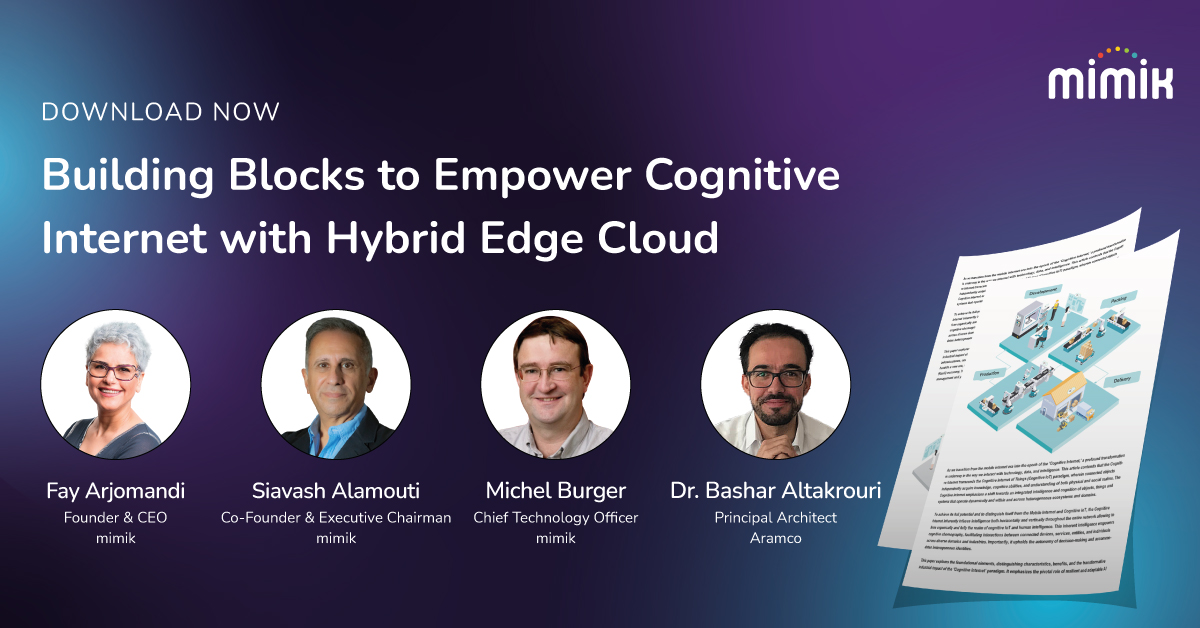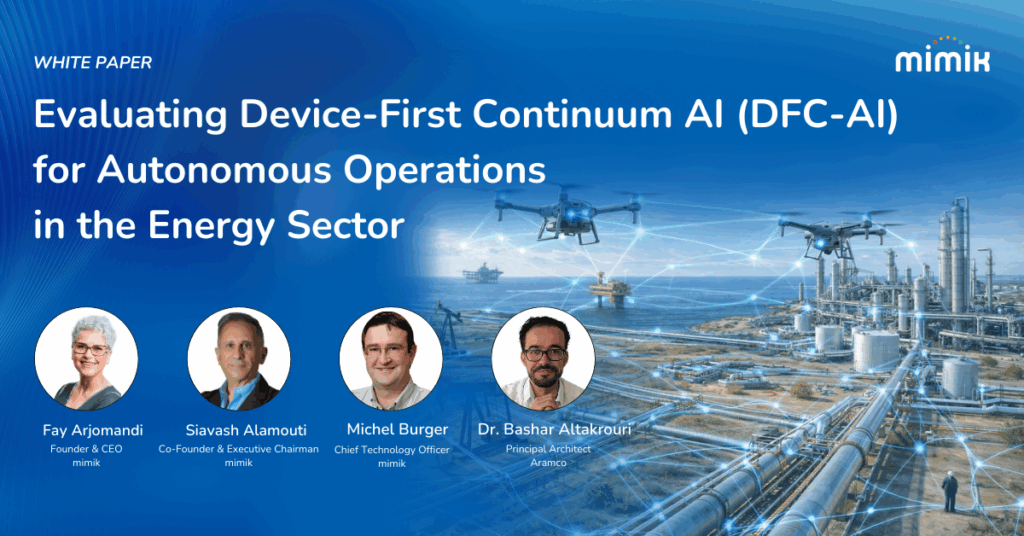Abstract
As we transition from the mobile internet to the ‘Cognitive Internet,’ a significant shift occurs in how we engage with technology and intelligence. We contend that the Cognitive Internet goes beyond the Cognitive Internet of Things (Cognitive IoT), enabling connected objects to independently acquire knowledge and understanding. Unlike the Mobile Internet and Cognitive IoT, the Cognitive Internet integrates collaborative intelligence throughout the network, blending the cognitive IoT realm with system-wide collaboration and human intelligence. This integrated intelligence facilitates interactions between devices, services, entities, and individuals across diverse domains while preserving decision-making autonomy and accommodating various identities.
The paper delves into the foundational elements, distinct characteristics, benefits, and industrial impact of the ‘Cognitive Internet’ paradigm. It highlights the importance of adaptable AI infrastructures and hybrid edge cloud (HEC) platforms in enabling this shift. This evolution brings forth cognitive services, a Knowledge as a Service (KaaS) economy, enhanced decision-making autonomy, sustainable digital progress, advancements in data management, processing techniques, and a stronger emphasis on privacy.
In essence, this paper serves as a crucial resource for understanding and leveraging the transformative potential of HEC for Cognitive Internet. Supported by case studies, forward-looking perspectives, and real-world applications, it provides comprehensive insights into this emerging paradigm.



